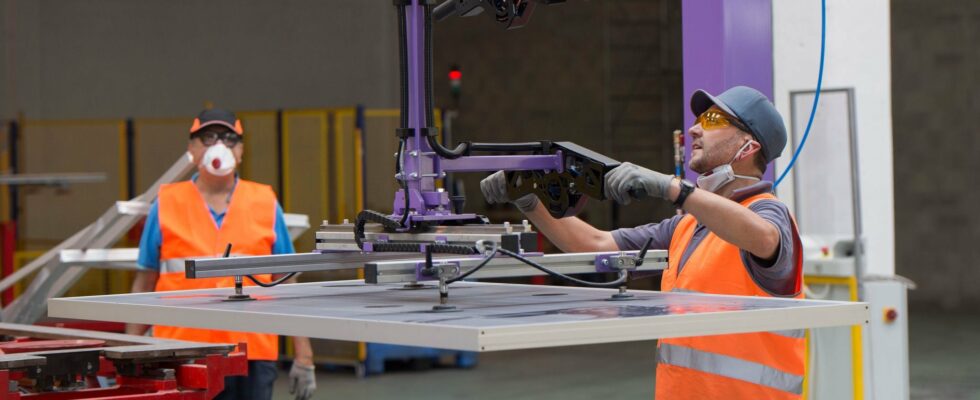There are those who want new, all the time. And those who build differently with the same material. Advertising for recycling in a world of unbridled overconsumption? No, because two types of behavior coexist: those who like to change, in life as in business and those who evolve with the same teams. Turnover versus retention. However, since the health crisis, employees have regained control over their desires to go elsewhere or to stay – on their terms. In addition, the labor shortage risks becoming systemic.
It’s up to companies to innovate. McKinsey has increased its mobility budget to allow employees to try out other projects in new cities, even if only for a few months, the Wall Street Journal“We encourage mobility, and that doesn’t just mean changing region or country: it’s often to acquire skills and gain expertise in a profession or change it,” says Isabelle Calvez, HR Director of the Veolia group.
10% of employees who move
Veolia has 218,000 employees worldwide, around 50,000 in France at the end of 2023. Mainly workers and technicians. “The company has a big role, internal promotion,” stressed Antoine Frérot, Chairman of the Board of Directors of Veolia, at the 24th Aix-en-Provence Economic Meetings on June 6. Without filter: “because people have to be trained for their new position, it is sometimes easier to go and find someone already ready rather than outside“.
Retention or rotation? Retention through mobility is the policy of the French multinational specializing in environmental services. “It is thanks to mobility that people stay in the company for all or part of their career, it is a real social elevator”, summarizes Isabelle Calvez. Each year, more than 5% of employees benefit from internal mobility and more than 5% obtain a promotion, or 10% of people who move; 1,500 become executives or managers worldwide, approximately 400 in France. Training represents an average of 29 hours per year and per person worldwide. It is eight to ten months of training for workers to become technicians. But sometimes management is reluctant. “Some managers who work with great people may have trouble letting them train because they know they’re going to see them leave the team and move on elsewhere! Our local HR managers explain to them that this is part of a normal career path and that they need to support the desire of their team’s employees to move on.” In short, getting away from social determinism.
“Succession plans” for managers
Mobility does not necessarily mean expatriation, but the emphasis is on the region “so that our employees find opportunities close to home. This is a key factor today in retention and engagement”. Offering a diversity of career paths “that allows them to flourish within the company throughout their career”, continues the HRD. Employees who are very familiar with the corporate culture and the spirit of the group. “It’s a win-win situation. They know the purpose, they have the network, we offer a good quality of life at work”.
However, the company refuses to stand still: “our turnover rate is not zero: it is 14% worldwide, 11% in France. It has dropped to 17-18% in the United States and the United Kingdom, but it had risen to 22% after the pandemic, at the time of the “big quit”. Today, the turnover is 35,000 to 40,000 people per year worldwide”. Highly qualified technicians, with five years of experience, are the most sought after. Organize, anticipate departures and recruitment. “There are “succession plans” for senior executives and certain managers so as not to be caught off guard and to have a pool of talent that can be activated to replace them. During annual interviews, career developments are discussed in order to propose development plans”.
The group is also banking on the future with 3,500 apprentices worldwide and 2,300 in France. It is playing the attractiveness and meaning card with ecology, consideration of the environment, combined with a quality of work and life to attract young graduates who can try out experiences abroad. Keeping your troops means being able to “change jobs without changing companies”, concludes Isabelle Calvez.
.
